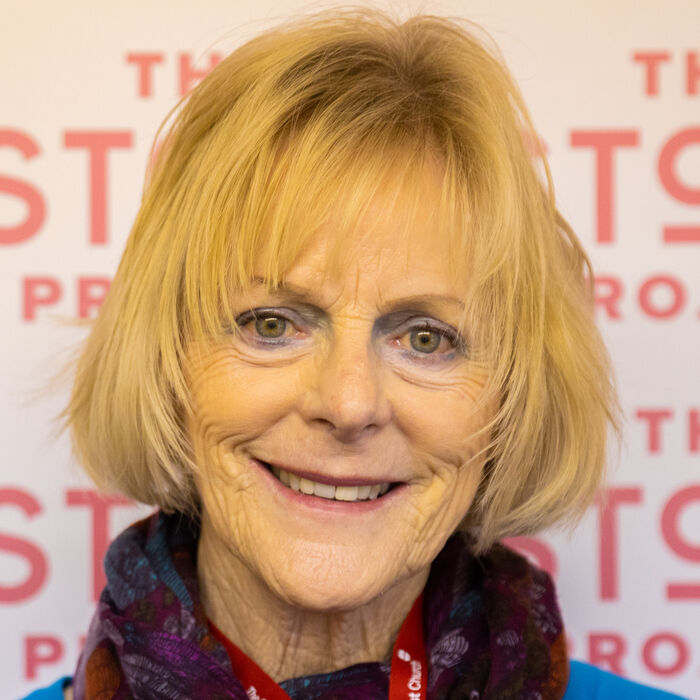Heather Walker
—
Heather Walker's Story
If I had been born a boy, I think I should have been called Thomas or Peter – Thomas who had doubts & uncertainties, or Peter who repeatedly thought he’d got things straight, but was actually barking up completely the wrong tree. But despite this, they were still loved & cared for.
I grew up in a pretty conservative Baptist church & asked for baptism at 13, to demonstrate the faith I held; as a teenager without close friends, the idea that Jesus was a friend whom I could always talk to was reassuring and important to me. But throughout my time at secondary school my beliefs were challenged by the quality of life of a Hindu classmate who was the most ‘saintly’ person I knew.
On the whole, my faith ideas didn’t change much till my forties, when in some ways I went through the adolescence I’d not had as a teenager. And always a feeling of ‘less than’ compared to confident people at church who expressed their faith in conventional terms which I wasn’t sure still rang true to me, and an anxiety about where that left me.
Having spent twenty years as, I hope, a supportive & involved minister’s wife, and a reasonable mother, but having by now been through two spells of depression, something had to change. I started training as a counsellor, with a view to developing an identity away from family & my husband’s church. I soon felt a wonderful sense of affirmation in much that I was studying, but was distressed that many ideas seemed to be at odds with my Christian beliefs, or even to deny the existence of God. It was a wonderful moment when I discovered the writing of Brian Thorne, a person-centred therapist and committed Anglican, who spoke to me in the core of my being, reconciling the therapeutic & Christian frameworks.
History could have repeated itself when I discovered labyrinths and the powerful experience of walking them; some say they find God on the labyrinth, others deny God but talk of fields of energy, connection to the earth or to others, finding themselves as they walk. By now I was confident enough not to feel this as such a challenge, but I think the power of labyrinth walking for me reflects the fact that the two parts of me again find a unified expression – the therapist and the person of, albeit faltering, faith are at home together.
At a counselling training session facilitated by Alistair Ross, a Baptist minister and Dean of Psychodynamic studies at Oxford, I was introduced to Fowler’s Stages of Faith. A real light bulb moment, to realise that the changes/development which my ideas of faith had undergone were OK. Were normal, and a reflection of the fact that I was growing & responding healthily to life experience. That it was natural to move on from the highly anthropomorphic view of God in teenage years, to something more complex, perhaps less definable. I’m not a heretic, I’m a normal, growing person.
Challenges to belief are not all in the past. Today I have a good friend, with whom I talk in depth most weeks. We sometimes discuss issues which I would say I’m committed to because of my beliefs. She doesn’t believe in God, but is committed to them as a compassionate human being, and I wonder what the difference is. I might talk of praying for people; she wouldn’t pray because there is no God to pray to, but she holds people in mind, she wishes them well, she’s aware of energy flowing, she acts for the good of others – and I wonder what the difference is. In some ways, she reminds me of the Hindu girl at school, all those years ago.
So much I’ve wrestled with, been unsure about, and continue to be. But this I do know: I feel less certain of what I believe, but I feel more grounded than I have ever done; God, whoever or whatever he or she or it is, is around & within me; I am loved, I am secure; I am at home & belong in the family of the church. And I continue to work, both within & through the church, and in the counselling room, to help others know that they too are loved.



